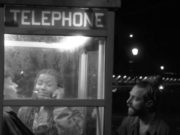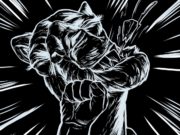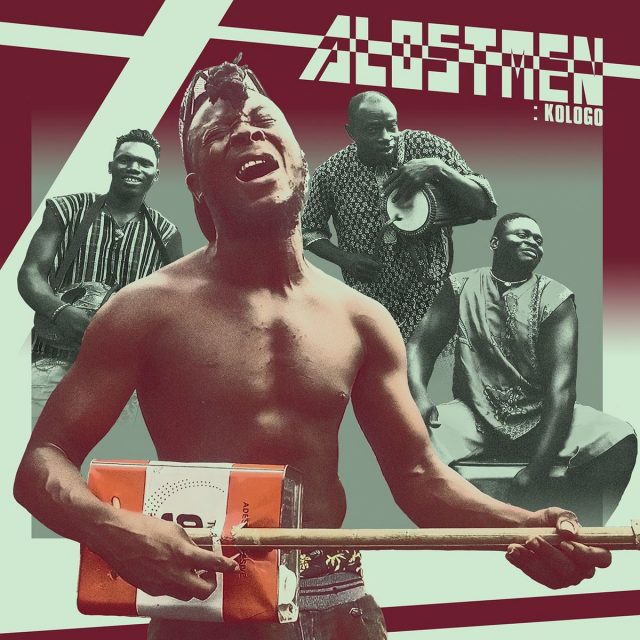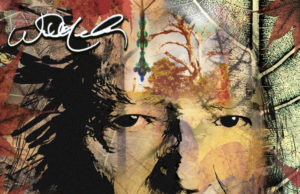THE EDITED PRESS RELEASE: “Formed by Stevo and Wanlov The Kubolor (Fok’n Bois) at the suggestion of co-producer Percy Yip Tong, Alostmen’s music is based around the Frafra traditions of the kologo, a stringed lute and uses purely traditional instrumentation in entirely new ways.
“I always like to do something ‘out’ with my instrument, I like to force it to work,” explains Stevo. “I’m a yout’man and into different kinds of music: commercial, rap music, reggae, Malian sounds. I add all of it to the band’s sound in different ways.” Wanlov continues, “The kologo is traditionally played a certain way but Stevo will play it at the shortest end of bridge and accentuate, almost Hendrix-style! He plays with a pedal sometimes and can keep it an octave down with a bass sound. He has evolved the instrument in his own way.”
“I had been touring with Stevo in my band Afro Gypsy in 2017,” Wanlov continues, “and we began recording the tracks for this album on the road during one of our last tours to Uganda and the upper North West region of Ghana. I had a mobile studio unit and recorded him in his hotel rooms, in closets, wherever we could find that sounded good.” The band comprises Jo Ajusiwine, a brilliant goje (two-string fiddle) player and singer, talking drummer Aminu Amadu (who has played in Ambolley’s highlife band) and Sowah (who plays heavy Ga rhythms on the gome box, djembe and conga). I play the kologo and give people the message. We don’t need anything else!”
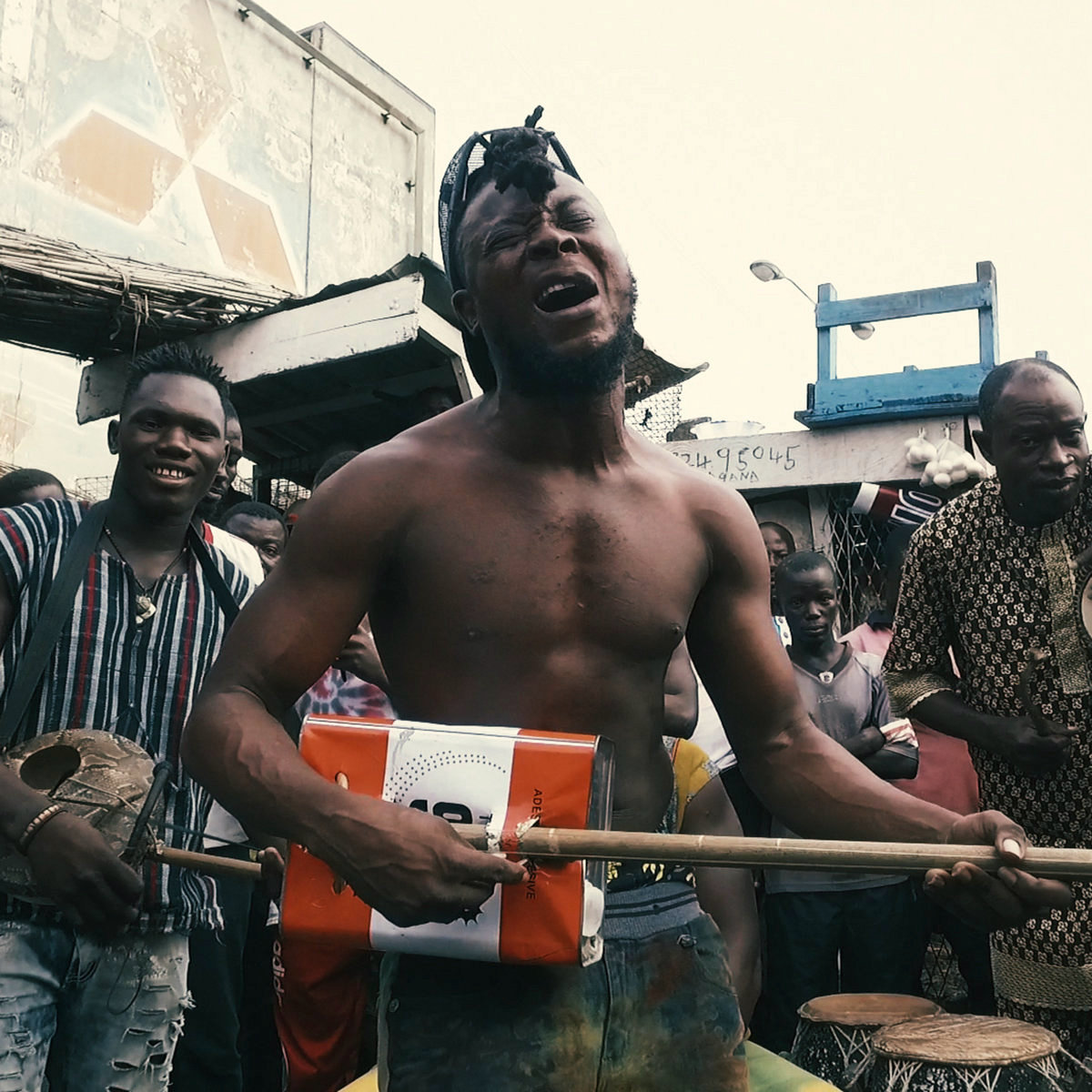
Stevo and Wanlov also invited selected guests to join the album sessions. Ambolley himself features on the driving Minus Me while one of Stevo’s childhood friends and a national star, Yaa Pono, appears on the yearning Fauziah. “We just chose the right tracks for different guests and it all fit naturally,” continues Stevo. “Medikal was a really nice guy with good vibes, now also a major artist, Villy is a great Nigerian singer based in Ghana and Eli Muzik has an unusual operatic vocal style. We play with him a lot. We didn’t just use names, just people that were great at their craft.”
The band call themselves Alostmen “because we were lost in the street, the forgotten people,” explains Stevo. “My people listen closely to my lyrics so I never just sing anything. People at home see music as a teaching so I always try to send a good message. I talk of this region, how they used to live and what they experience today. I try to bring development, peace and unity to the community, to give them hope to achieve.”
Wanlov continues: “The language of the music is Frafra, a Guruna language. The Frafra people are semi-nomadic, they deal with herds of cattle, they practice goje, kologo and a type of flute. The kologo players are similar to griots. Having already played dates across West Africa and Europe, Alostmen continue their journey with their superb debut album.”






